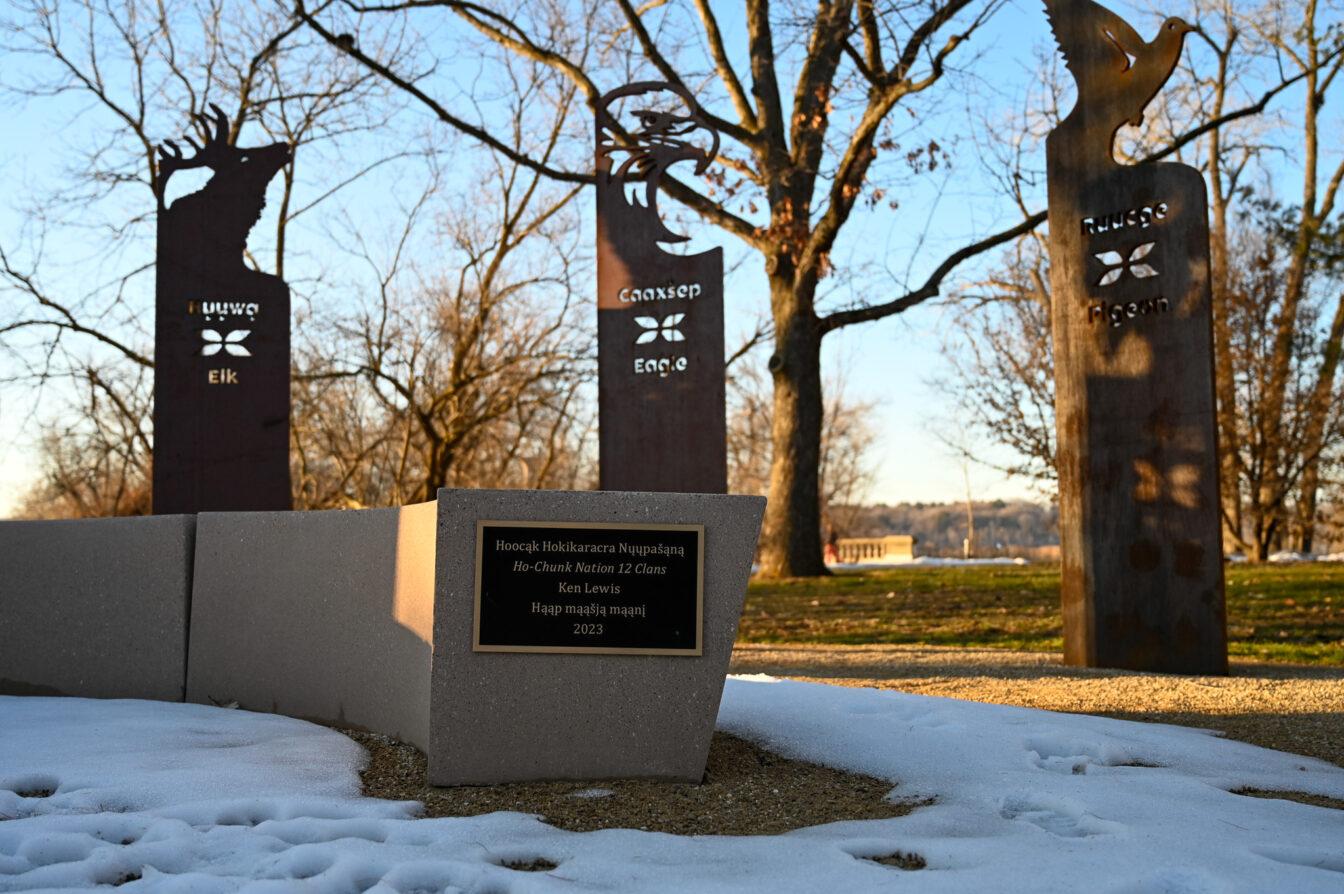New revisions to the Native American Graves Protection and Repatriation Act went into effect Jan. 12, according to The Federal Registry. The changes establish a series of timelines and directives for museums and federal agencies to repatriate Native American human remains, sacred objects and funerary objects according to The Federal Registry.
Federally funded organizations now must obtain consent prior to studying or displaying cultural items or human remains, according to an article from WPR. The update also prevents organizations from listing human remains as “culturally unidentifiable,” which WPR said was previously considered to be a loophole to get around NAGPRA regulations.
Transcript: Sen. Roys, Rep. Andraca discuss new campus firearm bill
Despite criticism over loopholes and lack of protocol enforcement, NAGPRA has begun a decades-long and crucial conversation about the institutional use of human remains and cultural objects, University of Wisconsin–Green Bay First Nations Education doctoral student and member of the Oneida Nation Heather Bruegl said.
“I think it brought to surface a lot of issues, and I think it helps give tribal nations a voice,” Brugel said. “Tribal nations have always tried to be able to bring human remains or objects home.”
Though institutions may fear that there will be “nothing left in museums,” there are many ways to incorporate Indigenous history and stories into these spaces, Brugel said. For example, through the ethical collection of artwork created by Indigenous artists.
Brugel said it’s even possible that these updated regulations, which require collaboration between tribal nations and institutions, could result in more complete storytelling.
“I think what it’s going to do is it’s going to force museums, in a very positive way, to form relationships with Indigenous communities in order to tell these stories,” Brugel said. “And I think that’s important.”
Some Wisconsin museums, like the Neville Public Museum in Green Bay, are working on repatriating items and remains to Indigenous tribes as far away as Sacramento County, California, Neville Public Museum Executive Director Beth Kowalski said.
“The way our predecessors collected is not how we collect today,” Kowalski said. “Most recently, we’re working on a repatriation to five California tribes out of Sacramento County, California. In that case, in the 1940s, my predecessors … purchased the collection from a private collector that we shouldn’t have today.”
Though the Neville Public Museum met other repatriation deadlines before and after NAGPRA was enacted, Kowalski is excited that the Jan. 12 update now allows human remains and object origins to be traced geographically instead of genealogically.
“If we know that we have archaeological sites and we have items in our storage that are tied to that geography, now we can actually send out notices to all the tribes that will be in that geographic area, especially here in northeastern Wisconsin,” Kowalski said.
Gov. Evers releases UW faculty, staff pay raises after nearly 6 month delay
In recent decades, UW–Madison has begun to square its own history with the history of Indigenous peoples that occupied the land long before the university, and undergo its own repatriation process following the initial passage of NAGPRA.
According to a report by the UW–Madison College of Letters and Science entitled “Repatriating the Ancestors,” the report said that since 1990, nearly all ancestral remains and funerary objects held at UW–Madison have been repatriated in accordance with NAGPRA, and remaining items are used for displays and programming.
The report clarified that objects and remains would most commonly be obtained when an archeological site would be destroyed unintentionally through construction, and faculty would attempt to salvage remains and artifacts, but items would remain in storage “in perpetuity,” according to the report.
Today, repatriation efforts are guided by the Wisconsin Inter-Tribal Repatriation Committee, which is made up of representatives from various federally recognized tribes in Wisconsin, according to the report. The committee works to secure funding and make plans for reburial of Indigenous remains and other repatriation efforts.
In an email statement to The Badger Herald, UW–Madison Anthropology Department spokesperson Colleen Lies said UW–Madison has already enacted policies to ensure compliance with new NAGPRA guidelines.
“We work closely, responsively and in good faith with Tribes and Nations in Wisconsin and elsewhere on this important, collaborative work.” Lies said in the statement. “As it relates to the recent NAGPRA changes, the [Wisconsin Historical] Society has introduced formal amendments to our collections policy to ensure compliance with the updates … The amendments were approved by the Board of Curators in January and are now in effect.”
Though compliance with the new NAGPRA guidelines will offer a challenge for institutions that still possess Native remains, it will also provide an opportunity for the kind of collaboration and partnerships that will propel curatorial institutions into the 21st century,” Brugel said.
NAGPRA only applies to the U.S., but Brugel said she has already began to hear rumblings of similar repatriation efforts beginning in Canada.
“NAGPRA isn’t something to make museums disappear,” Bruegl said. “I think, if anything, it is going to make museums work harder, in a better way to work in community with Native nations to tell these stories.”



















